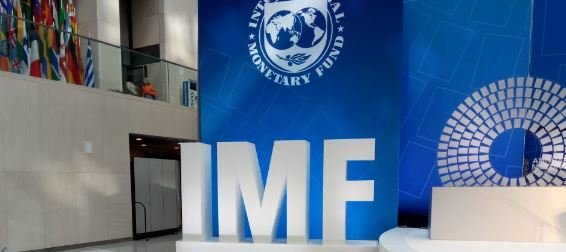Favour Ozioma Ogbodo
The International Monetary Fund (IMF) has attributed widespread inflation to global interest rate increase.
Recent data by the Nigeria Bureau of Statistics (NBS) in indicated that there has been a steady increase in inflation in the country, with that of November 2023 marked at 6.73 percent.
This has resulted in more hunger among the citizens as the increase affected prices of bread and cereals; oil and fat, tea and cocoa, potatoes, yam and other tubers.
In a statement on X on 17th, December, IMF said “to start with, higher global interest rates increased borrowing cost and many emerging market rely on external financing for public spending, when interest rate goes up, it come more expensive for countries to pay back an existing debt.”
While counseling that Integrated policy framework should be built to tackle inflation, IMF said, “Countries are advised on how to use a set of tools rather than just interest rate depending on the country’s characteristics and kind of external pressure it is facing.
“Countries with stronger growth prospects for inflation are to have large reserves to weather the rapid rise in global interest rates relatively well and because markets don’t expect interest rate to rise much further, this makes emerging economies attractive to international investors.”



